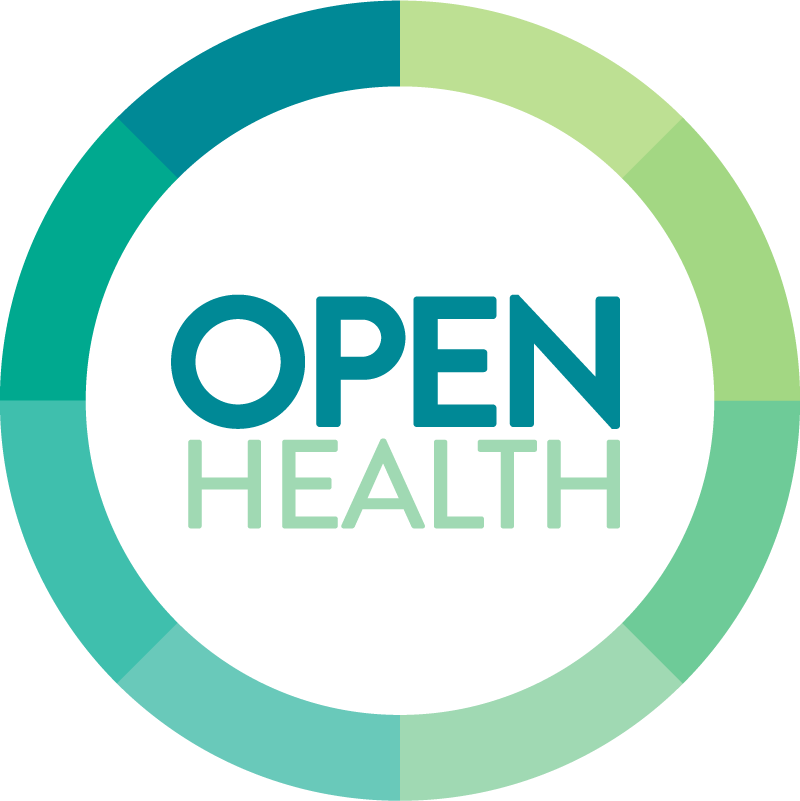We're excited to bring you the first edition of our new quarterly newsletter. Each issue will feature updates from Open Health, tips for living a balanced, healthy life, and news about community healthcare happenings in the Baton Rouge area and beyond.
In this September edition, you will learn about:
Our new Dental Mobile Unit on the road and serving the community!
New extended evening and weekend hours now available at select clinics.
Tips for creating a mentally healthy online environment.
16 easy weeknight meals you can make in 30 minutes or less, courtesy of Simply Recipes.
Your partner in a healthy community,
The Open Health Foundation Team
Evening & Weekend Appointments
Now Available!
We know life gets busy—between work, school, and everything in between, finding time for healthcare can be tough. That’s whyOpen Health Care Clinic is now offering evening and weekend appointments at select locations!
Whether you need in-person care or prefer a virtual visit, we’ve got options to fit your schedule:
Extended clinic hours at select locations
Medical and mental health telehealth appointments available
This is part of our ongoing commitment to making healthcare more accessible, affordable, and convenient for everyone in our community—regardless of insurance or income status.
Because your health shouldn’t have to wait.
16 Easy Weeknight Dinner Recipes
(30 Minutes or Less)
Who couldn't use some inspiration for simple, healthy dinner recipes? If this season has your schedule packed or just want a new dinner recipe, check out this helpful article from Simply Recipes by clicking on the link above.
These quick and delicious meals are perfect for busy evenings—and may even become new family favorites!
September is National Suicide
Prevention Month!
Open Health Care Clinic provides a full range of emotional health support for the whole family. Our counselors are here to help with individual and group counseling, clinical psychology, and medication management. We also provide these services to six area schools.
Watch the video below as one of our providers discusses the challenges our children and young adults face today. See that suicide is a common topic discussed in student counseling. Anitra Robinson, LPC shares what she experiences as a School-Based Behavioral Health Counselor.
CLICK HERE TO WATCH!
The Connection Between Online Safety and Mental Health: What Parents and Students Need to Know
As the new school year begins, it’s more important than ever for parents and children to understand the connection between internet safety and mental health. With 95% of teenagers and nearly 40% of children, ages eight to 12 using some form of social media, the digital world plays a major role in their daily lives.
While social media and online platforms can offer opportunities for learning and connection, they also come with serious risks, especially for young people who may be struggling emotionally. Children and teens facing mental health challenges may be more vulnerable to online dangers, including grooming, exploitation, and risky behavior. Without clear boundaries, they may overshare personal information or engage in inappropriate conversations without realizing the consequences.
Cyberbullying and online harassment are also major concerns, with links to low self-esteem, anxiety, depression, and even suicidal thoughts. Excessive gaming, while a source of entertainment, can spiral into addiction. This can lead to sleep problems, lower academic performance, and social withdrawal, all of which can further impact mental health.
Children and teens may also be exposed to violent, sexual, or self-harm-related content on social media platforms. This kind of exposure can desensitize them to harmful behaviors or normalize unhealthy coping mechanisms, further affecting their emotional wellbeing.
How Parents Can Support Safe and Healthy Online Habits
Here are some ways parents can promote a safer and more mentally healthy online environment:
Talk openly and often: Create a safe, judgment-free space where your child feels comfortable sharing their online experiences, especially if they’ve been targeted by bullying or come across disturbing content.
Educate and be understanding: Rather than banning technology, teach your child how to recognize online risks and navigate digital spaces responsibly. Discuss the importance of privacy, appropriate interactions, and why it’s okay to say no or block someone.
Monitor screen time and behavior: Keep an eye out for changes in mood, sleep, or academic performance, which could indicate a problem. Use parental controls when necessary but aim for transparency and collaboration rather than strict surveillance.
Encourage offline connections: Support friendships and activities that happen outside of screens. Positive, in-person interactions are essential for building emotional resilience and social skills.
Remind them that social media is curated: Help your child understand that most people only post the best parts of their lives online. Comparing themselves to these highlight reels can distort their self-image and lead to unrealistic expectations.
By fostering open communication, setting healthy boundaries, and being proactive about online safety and emotional wellbeing, families can help children develop the tools they need to thrive, both online and offline.
-Tanisha Winfrey, MSW, LCSW
Behavioral Health Counselor
Open Health Care Clinic
Thank you for being a friend of Open Health Foundation. We hope this inaugural newsletter has been of value to you. Please reach out to us with any feedback you have about the information here or if you would like to schedule a tour of our clinics to learn more. Just email us back!
Your partner in a healthy community,
Open Health Foundation Team
Open Health Foundation (Tax ID: 87-3789777) is the fundraising body for Open Health Care Clinic. 100% of contributions support Open Health Care Clinic's mission and programs and are tax-deductible to the extent of the law.








